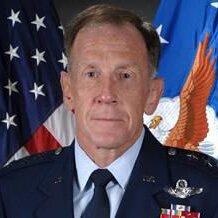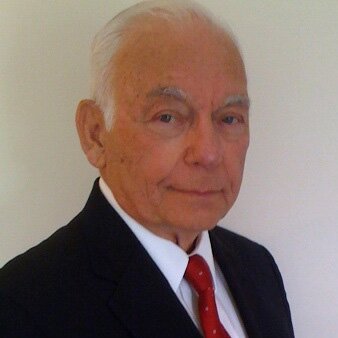Treaty endorsed by thinkers from across the political spectrum
By Lt. Gens. John Castellaw, Arlen Jameson, Donald Kerrick and Brig. Gen. John Adams
-
The Washington Times
5:07 p.m., Friday, October 22, 2010
Over the course of six months of hearings and briefings, one by one, the secretary of defense, the chairman of the Joint Chiefs of Staff, the heads of STRATCOM and the Missile Defense Agency and former officials from the last seven administrations, Republican and Democrat alike, all told senators the same thing – the New START treaty makes us safer and should be ratified by the Senate.
Here’s what it does. The New START treaty replaces a treaty negotiated under the Reagan administration and signed by President George H.W. Bush, which expired in December. It provides stability and predictability between the world’s two leading nuclear powers as well as modest reductions in U.S. and Russian nuclear arsenals. Most important, it replaces the previous treaty’s lapsed verification regime with a state-of-the-art system that builds on 20 years of verification experience and puts U.S. inspectors back on the ground to monitor Russia’s nuclear weapons.
On Sept. 16, satisfied with the overwhelming consensus in support of the treaty among the military and national security experts, the Senate Foreign Relations Committee – in a moment of nonpartisanship rare in this era – voted 14-4 to send the treaty to the full Senate for ratification.
In recent days, however, critics have resumed making spurious claims designed to raise doubts about the treaty. A quick review of the record ought to be enough to put these claims to rest once and for all.
The treaty compromises missile defense, critics claim. Not so, according to Lt. Gen. Patrick J. O’Reilly, director of the Missile Defense Agency, who, along with Defense Secretary Robert M. Gates, has repeatedly made clear that the new treaty has no implications for our missile-defense plans. On the contrary, Gen. O’Reilly told senators, the treaty “actually reduces constraints on the development of the missile defense program.”
Russia can’t be trusted to comply with the terms of the treaty, critics say. This claim turns President Reagan’s admonishment that we should “trust, but verify” on its head. By opposing the treaty, critics are arguing in favor of eliminating on-site surveillance and inspections of the Russian nuclear arsenal that are the only checks we have against Russian untrustworthiness.
Here’s what the current commander of STRATCOM, Gen. Kevin P. Chilton, told the Senate Foreign Relations Committee about the danger involved in rejecting the treaty:
“If we don’t get the treaty, [the Russians] are not constrained in their development-of-force structure and … we have no insight into what they’re doing, so it’s the worst of both possible worlds.”
It’s worth stepping back for a moment to ask the question why, if any of the things critics claim were remotely true, the treaty would have such overwhelming support among the military?
And it’s not just the military that supports the treaty. The Senate heard testimony in favor of the treaty from Republican national security heavyweights like James R. Schlesinger, George Shultz, James A. Baker III, Henry Kissinger and Brent Scowcroft. An open letter in support of the treaty was published recently from 30 former national security officials from both political parties – including Colin L. Powell, Frank C. Carlucci, Madeleine K. Albright, Chuck Hagel and John C. Danforth.
The bottom line is this – critics have no answer to the overwhelming support for this treaty among the military and national security experts, so they must resort to confusing the issue. There is real risk here, though.
For 20 years, we have had American inspectors on the ground keeping tabs on Russian nuclear weapons. On Dec. 5, it will have been an entire year since we lost that ability to conduct on-site inspections and monitoring. If the Senate fails to ratify the New START treaty, those inspections will stop forever.
Every day we wait is a day we lose insight into Russia’s arsenal, and that makes us less safe.
When the Senate reconvenes after the elections, its top priority should be taking the advice of our military leadership and ratifying the treaty.
Lt. Gens. John Castellaw, Arlen Jameson, Donald Kerrick and Brig. Gen. John Adams, all retired, are members of Consensus for American Security, a nonpartisan group of security experts.






































